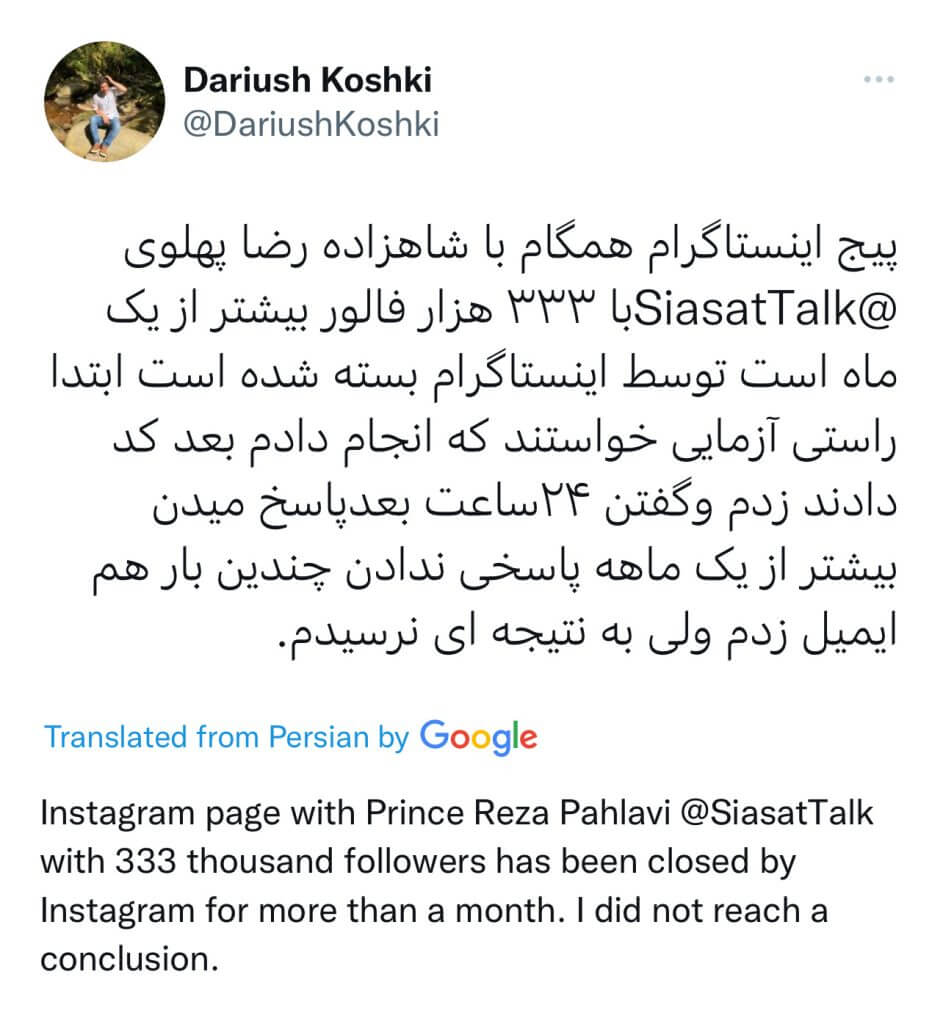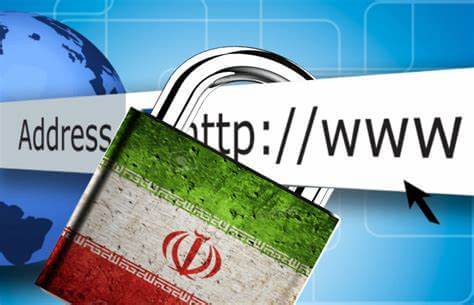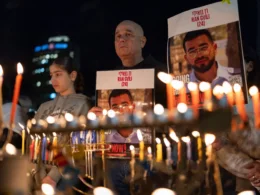Former and current employees of Instagram and Facebook have stepped forward to reveal that the fact checkers at these companies have allegedly been censoring content posted about the Iran protests based on their own politics. According to a report by BBC Persian, these employees admitted that at all levels of the company, the Iran regime’s influence has infiltrated, leaving biased and pro-regime content monitors to restrict, censor or delete posts about the current protests in Iran.
The actions by these Iranian employees to remove images of the demonstrations in Iran and associated hashtags helps reinforce the Islamic Republic’s argument that the protests are not so widespread.
One of these former employees who had his identity hidden for security purposes, said to the BBC Persian in an interview from Germany, that most of those working for these social media platforms travel back and forth between Europe and Iran. These are individuals who single-handedly take posts down. According to the source, employees are not allowed to have their personal cellular devices with them at their workstations, so these individuals go to the break room to report a post from their personal phones and then come back to their workstations and address the ‘complaint’ they just created.
According to this source, about 90 percent of the decision making as to whether a post should be deleted was in the hands of these ‘fact checkers.’
In 2019 TELUS International became the third-party company contracted with Instagram and Facebook to become their fact checkers and address complaints from users reporting posts for violent, hateful, or threatening material.
A second source, a former TELUS employee, said approximately 400-500 Iranians work at the company in Germany, a country that is known to have diplomatic and bilateral relations with the Islamic Republic.
The Islamic Republic has learned from the Green Revolution of 2009 to infiltrate Western social media outlets and their parent companies to control the narrative and prevent the international community from siding with anti-regime demonstrators.
The infiltration comes as no surprise as Iran’s regime has budgeted generously for its cyber army who routinely target groups, organizations or individuals who publish or post material unflattering to the regime. Pro-regime ‘bots’ are highly present on social media platforms like Twitter, Facebook and Instagram.
In some instances, it's more than a post or a hashtag that has been censored on these platforms. Some accused Instagram of removing an entire Instagram account called @SiasatTalk with 333,000 followers because it supported the late Shah of Iran's exiled son, Prince Reza Pahlavi.

“We have long suspected the Iranian regime has infiltrated Big Tech companies such as Twitter and Instagram,” said Bryan Leib, executive director of Iranian Americans for Liberty, a non-profit D.C.-based group raising awareness about the transgressions of the regime in Iran.
Many Iranian activists and pro-democratic groups have called on members of Congress and social media executives to investigate these claims and find out why freedom-loving Iranians are being censored on these platforms.
“I think the American people need to start demanding answers from the social media platforms that so many of us use all the time,” Leib said. “Why are these companies providing material support to Iranian regime officials when it’s in clear violation of U.S. laws?”
For its part, TELUS international has responded by stating that it reviews its content in numerous languages, including Persian, and removing what violates the company’s laws. The company has investigated reports of removing hashtags related to the Iranian protests, but according to their experts, have found no evidence of it being removed.
In the view of company officials, users may have typed the hashtags incorrectly when searching for it. Various Instagram videos and posts about demonstrations have been deleted for having the slogan, “Death to Khamenei,” there’s also speculation that people affiliated with the Islamic regime have infiltrated the social networking watchdog companies to suppress such posts.
For many Iranian protesters, social media outlets are a great gift to their cause because it has helped them gain international support from various individuals and countries outside of Iran in their mission to overthrow the Islamic Republic. The Green Revolution of 2009 was labeled the “Twitter Revolution” because Iranians posted marches, chants, slogans, and the response from the Islamic Republic when it attacked the masses.
Simultaneously, over the past few months, social media companies like Twitter, Facebook, Instagram, are facing increasing pressure from activists and members of Congress for what they call a “hypocrisy” in allowing Islamic Republic officials and Iranian Supreme Leader Ali Khamenei to have accounts that promote antisemitic conspiracy theories and calls to violence against Americans, Jews, Israel, and anti-regime protesters.









